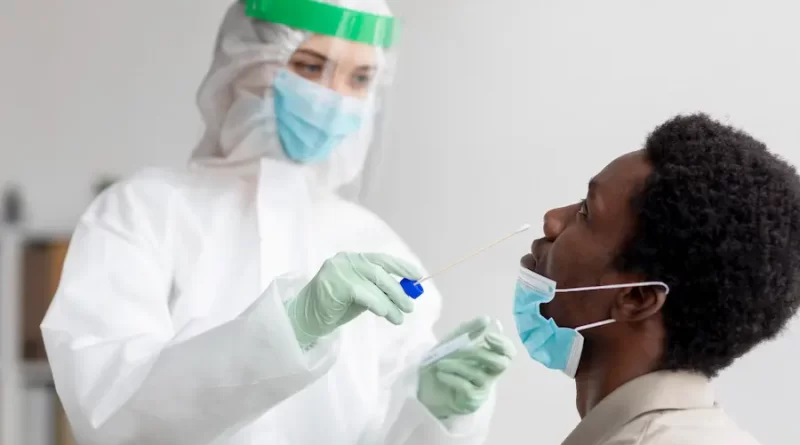Do You Still Need to Take a COVID Test?
As the world enters a new stage of the pandemic, many of the public health restrictions limiting social gatherings have all but disappeared.
Like many people, you’re probably excited about this gradual return to normal, but you’re also cautious. COVID-19 numbers are still high in many countries, and the world’s top virologists expect new variants of the virus to infect people in waves.
With all this to consider, it can be challenging to know when a COVID test is necessary. If you’re confused about the etiquette around tests, keep reading. Here are five times when you should get tested.
5 Times When You Should Get a COVID Test
1.You Plan on Travelling
After so long sticking close to home, plenty of jetsetters are taking off to exotic locales this summer. If you’re one of them, pay close attention to your destination’s COVID rules.
While some countries like the UK and Canada have removed the need for travel COVID tests from vaccinated travellers, others still require all visitors to produce a negative test before boarding a plane. If you’re visiting the US from Canada, for example, you’ll need to get tested.
To limit your risk of exposure before your flight, research mobile sites for COVID testing that come to you. A concierge COVID test is administered by Registered Nurses (RNs) or Registered Practical Nurses (RPNs) in your home, ensuring a trained professional handle this important pre-flight requirement.
2.You Work in Healthcare
Another time when you might require a COVID test is if you work in healthcare, especially if you care for high-risk patients or have been recently exposed to someone with the virus.
Much like travelling restrictions, testing regulations differ from country to country, province to province, and even hospital to hospital. Refer to your local government and employer for guidance about when and if you need to take a private COVID test for your job.
3.You Feel Under the Weather
If you’re feeling under the weather, you should get tested. This is an especially good rule of thumb if you’re immunocompromised, a senior, or a person with comorbidities, as you face a higher risk ofserious symptoms.
A fever, cough, fatigue, and the loss of taste or smell are the most common symptoms of COVID, but they’re not the only ones. Many of the signs of COVID (like a headache, irritated eyes, and sore throat) overlap with other illnesses and allergies. The only way you can be certain you don’t have COVID is with a rapid Antigen and/or Lab PCR COVID test.
4. You’re Undergoing Medical Treatment
After a long pause on non-emergency procedures, many hospitals around the world are beginning to perform elective and non-urgent surgeries again. As a safety precaution, you’ll have to prove you are negative for COVID before you can go into the OR.
Check with your hospital or healthcare clinic to see if you can book a concierge COVID test. Some institutions may administer these tests on site instead.
5. You’ve Been Exposed to Someone with COVID
Lastly, if you’ve come into contact with someone who has tested positive for the virus, you should get tested, too—even if you’re asymptomatic. Although you may not feel under the weather, you’re still contagious with asymptomatic COVID. You could easily spread the virus around your community and infect your most vulnerable neighbours without knowing it.
Book an at home COVID test as soon as you hear about your exposure. This way, you don’t have to go out to a testing site as a possible positive case.
The Takeaway:
While the world is slowly beating the virus, the pandemic isn’t over yet. Stay safe during this new stage of reopening and get tested when it’s appropriate.

